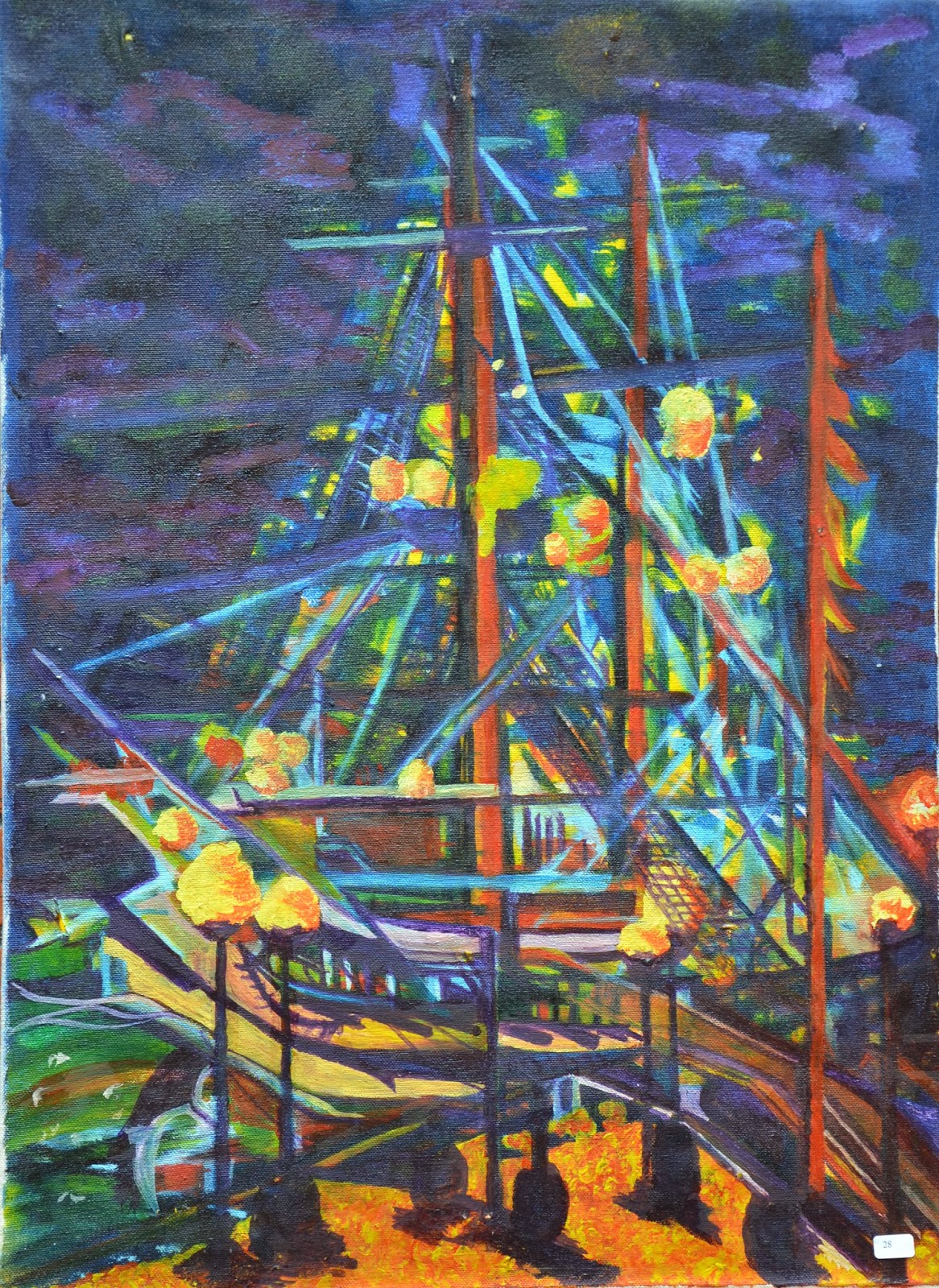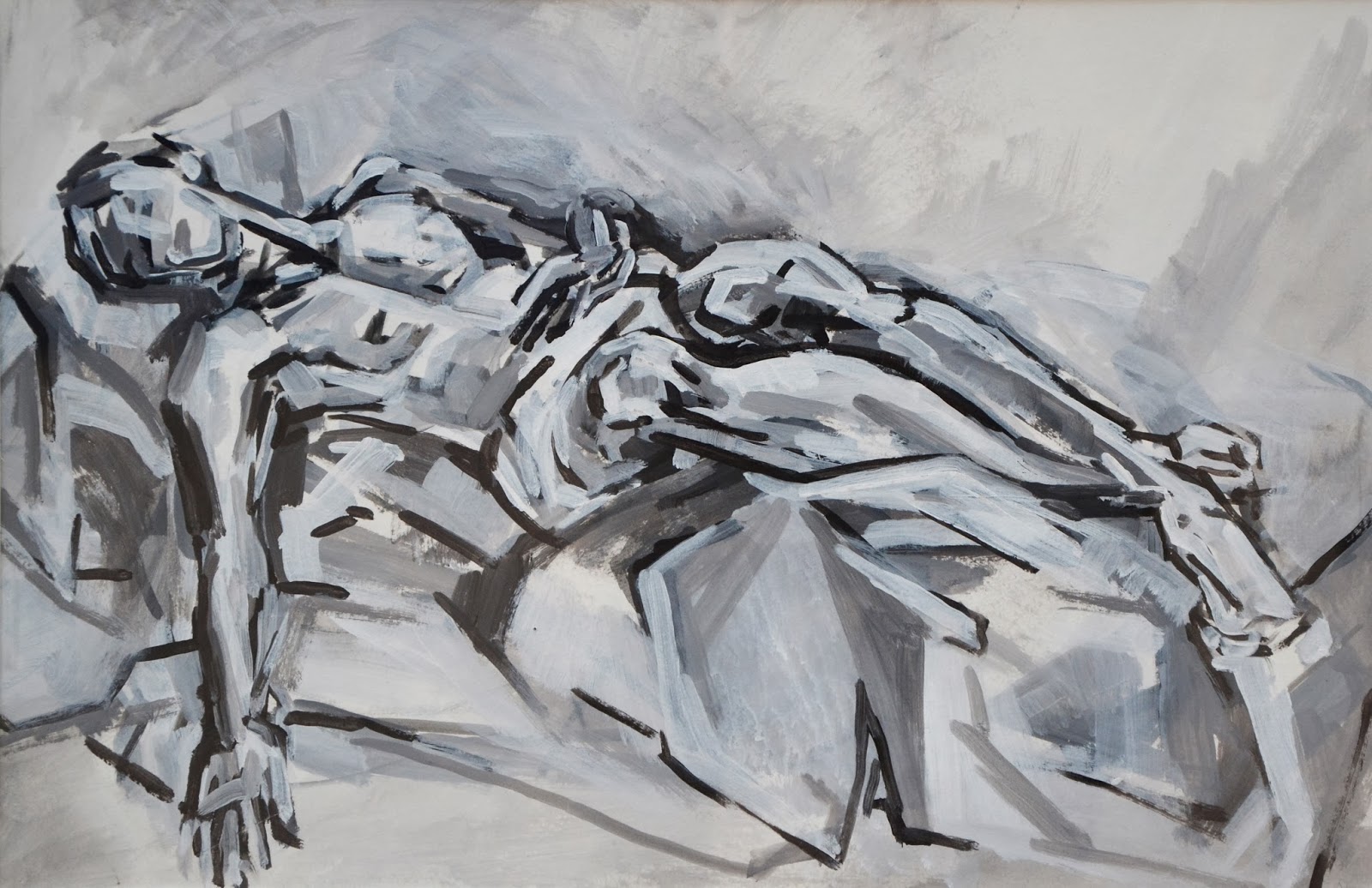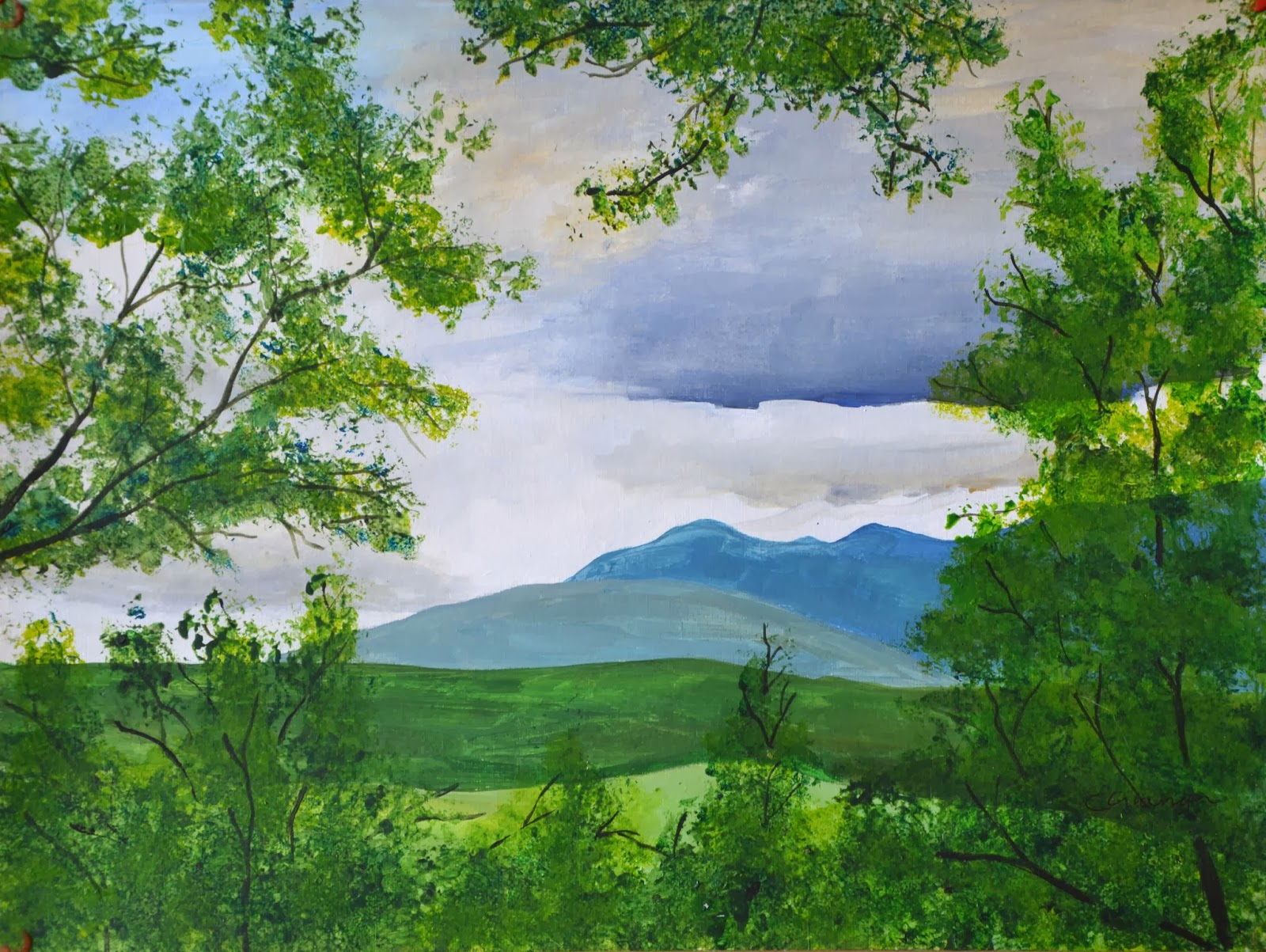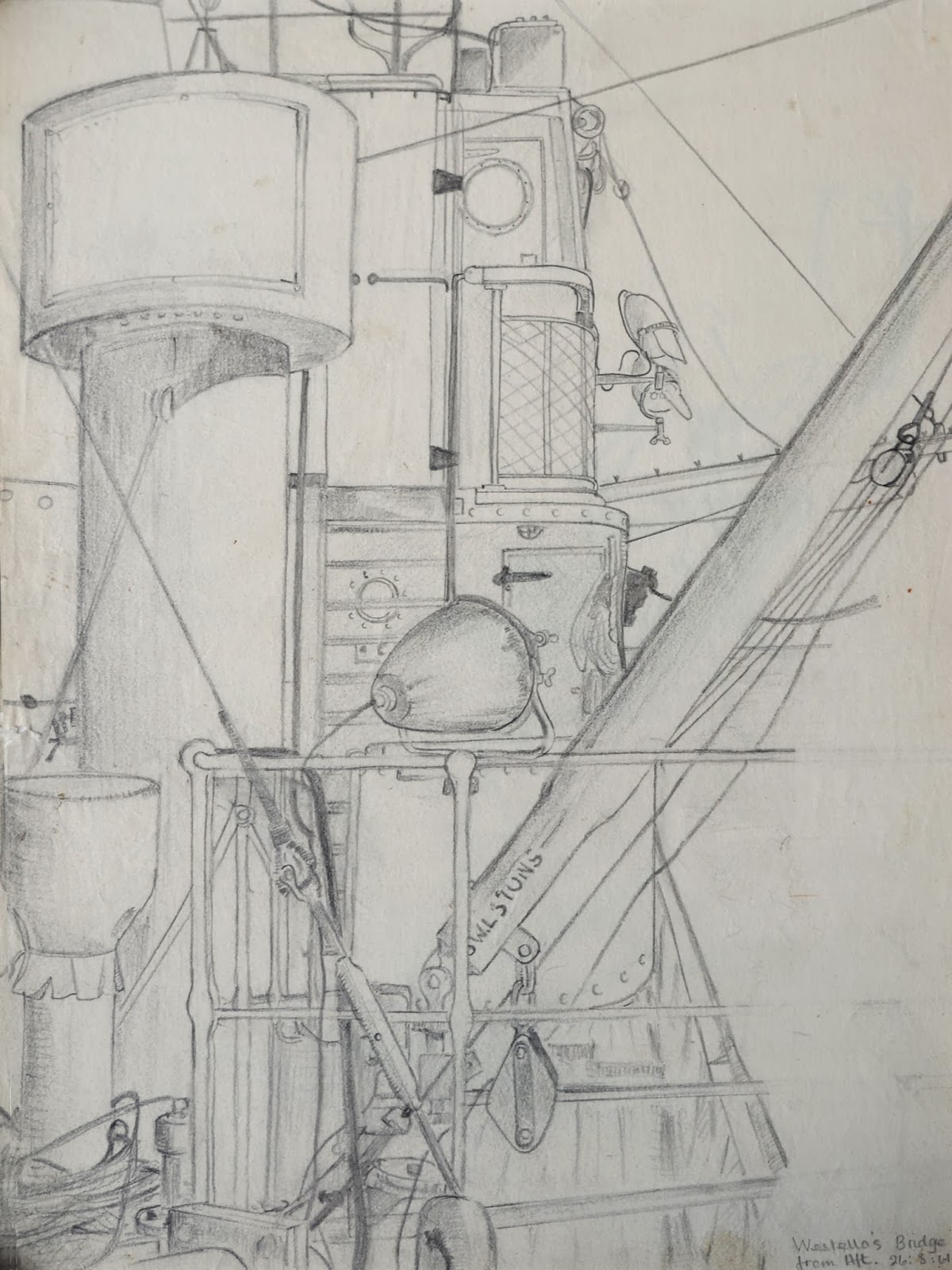INTRODUCTION
Whereas artists are generally seen as particular, if not
peculiar, individuals, this exhibition is as much about what they have in
common as it is about how they differ. ARTEFACTS shows art and craftwork by people with something to
say, perhaps to themselves and hopefully to share, about their
life-experiences. Some are
artist-service users, some artist-carers, and some simply artists; all of them,
for the most part, using their singular talents to attempt harmonious
statements about their sometimes discordant experiences.
So, there is more to these works than the perhaps picturesque
appeal of the subjects: their meanings are implicit. And it's not a case, as
sometimes occurs with art nowadays, that the work means simply what the
beholder wants it to mean. Working through the
shaping processes of the imagination, these artists draw on Nature both
without and within. They make equivalents, not copies of nature. This is not
art for art's sake, but the kind of art that deals in degrees of well-being.
The experiences
referred to, range from early childhood, through schooldays and adolescent
adventures, to the highs and lows of everyday adult life; from the 1960's in
the Barents and White Seas to the present day on Redcar beach. And between
times, there are the routines of school-children, news-broadcasts from the wide
world, and there is bereavement. The works themselves are evidence of facing up
to things, the achievement of which the exhibition celebrates.
Individual and group pieces made in therapy workshops are
shown alongside work from a fine art context; the idea being that, while we
consider the creativity they have in common, we may gain fresh insight in
seeing each in terms of the other. Whereas the therapeutic work might be seen
to prioritise the personal relevance of the work over its more formal
considerations, fine art work is generally seen first in its aesthetic aspect.
There are four
organisations involved in the ARTEFACTS exhibition: the Studio-gallery housed until recently at
Upsall Hall, Redcar MIND, Larchfield
Community and members and friends of the
Greenlights Network in the role of co‑ordinator. Our thanks for their support
of the project go to the R&CBC, Redcar & Cleveland Voluntary
Development Agency, for a grant from the Community Health Fund, to Teesside Valley
Community Foundation for a grant from the Teesside Offshore Benefit Fund, and
to Gareth of A-Spec Solutions, Lingdale, for help with transport.






















































